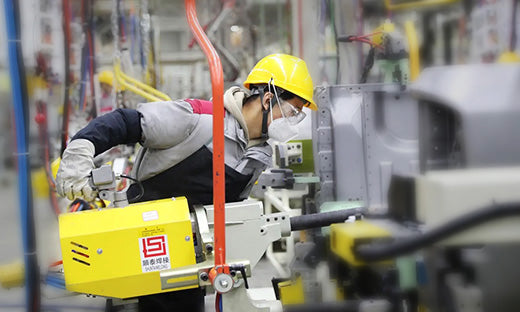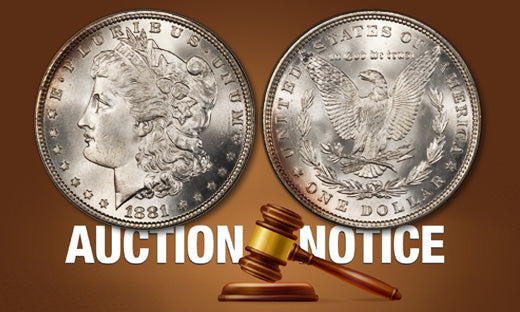Danger signs are mounting that China’s economy is experiencing a serious slowdown which could have severe repercussions for the global economy, threaten financial markets, and send a new wave of buyers rushing to the safety of gold. The development is particularly concerning because China has been a primary economic engine that has powered the global economy for years. Now, that engine is downshifting.
Manufacturing is slumping. Exports are sinking. Banks are pulling back on credit. In July, Chinese banks loaned the smallest monthly amount of funds in 14 years, a reflection of weak business and consumer demand for credit.
With demand for goods and services falling, prices are dropping. Deflation took hold of China’s economy in July as consumer prices fell. Producer prices declined for the 10th consecutive month. If the trend continues, it could trigger a downward spiral in which producers reduce output, leading to lower wages and layoffs, further reducing demand and sending prices even lower. Eventually, such a deflationary spiral causes consumers and businesses to default on loans.
That is a severe risk in China because the country is highly leveraged, with debt nearly three times the size of its gross domestic product in 2022, according to the Bank for International Settlements.
Nowhere is that risk greater than in the property market. Country Garden Holding Company, a giant property developer, failed to make interest payments in August on two international bonds, raising worries that the company may default. Because home sales are declining, real estate firms, like Country Garden, once the nation’s biggest developer, are strapped for cash to pay their debts.
As the economy weakens, China’s central bank is working to protect the country’s financial stability by adding to gold reserves. The People’s Bank of China purchased gold for the ninth consecutive month in July, boosting its total reserves to 2,136 metric tons, the seventh largest gold reserves in the world.Real Time Precious Metals Data Below







